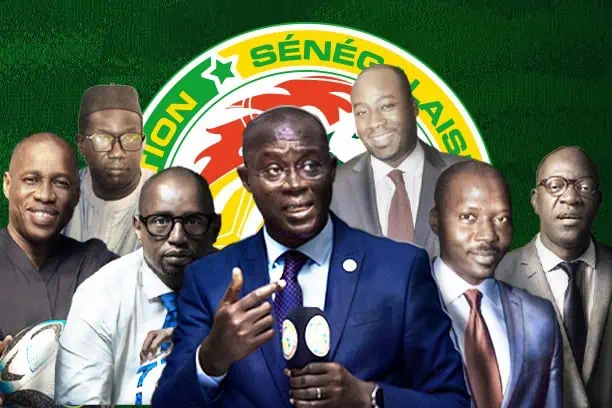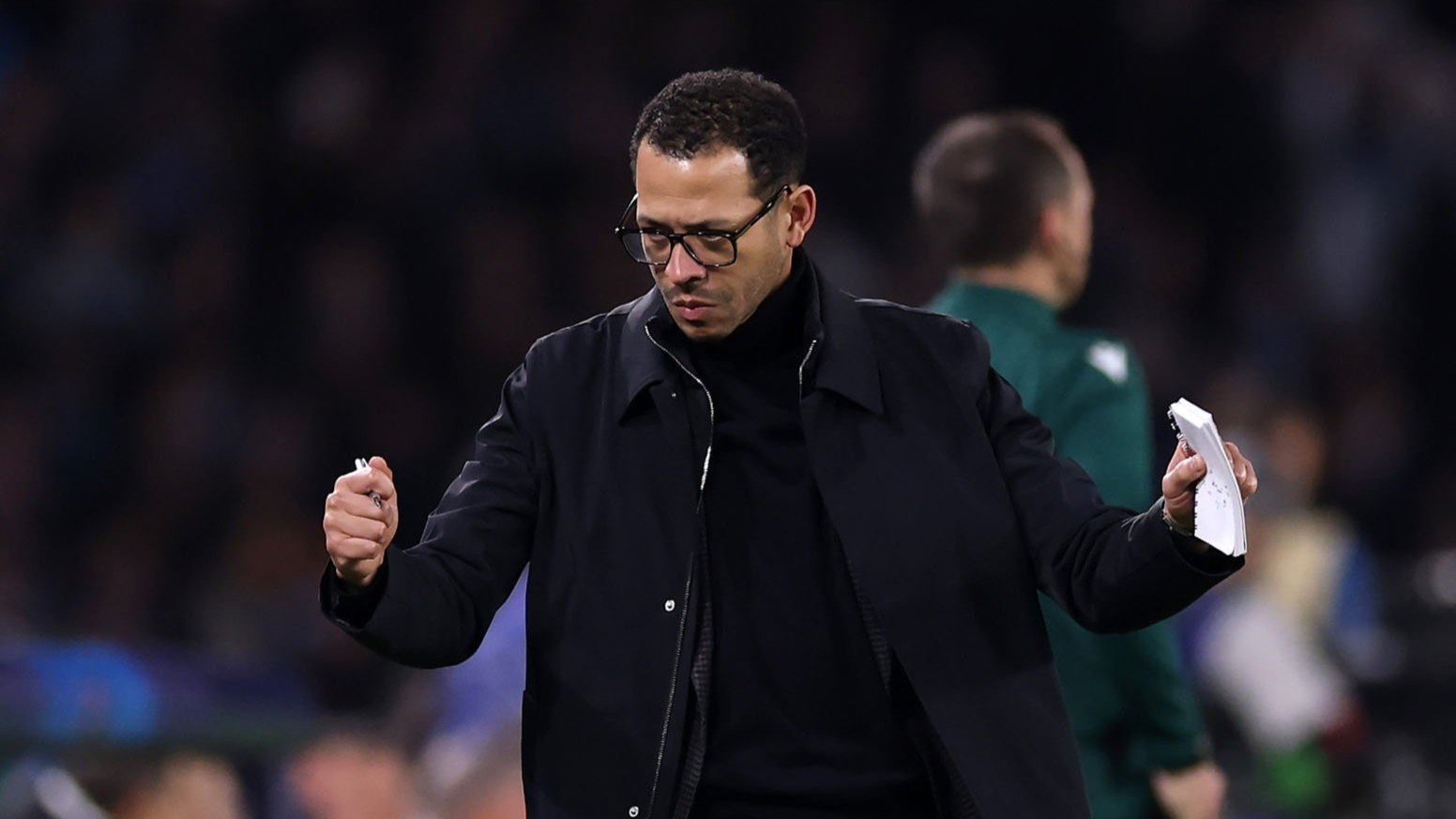Senegal FA sets August 2 for Presidential elections as full electoral calendar confirmed

The Senegalese Football Federation (FSF) has officially confirmed August 2, 2025, as the date for its much-anticipated elective general assembly, a key event that will decide the leadership of the federation for the next four years.
The decision, ratified during the FSF’s executive committee meeting on July 9, follows weeks of speculation about a potential delay.
The federation has now put those rumours to rest, confirming that the entire electoral process will proceed as initially planned. According to officials, all preparatory measures are firmly in place to ensure the schedule is respected.
The run-up to the national vote has been unfolding steadily across the country’s football hierarchy. Elections at the district and regional league levels are nearing completion, with only a few leagues left to conduct their local assemblies.
These remaining meetings are expected to be concluded no later than July 13, clearing the path for the final phase of the process.
Two critical assemblies are scheduled to take place before the FSF’s main congress. The Professional League will convene on July 29, followed by the Amateur Football League assembly on July 31. These key meetings will finalise the delegate representation ahead of the decisive general assembly.
Seven candidates are officially in the race to lead Senegalese football, including current president Augustin Senghor, who is seeking re-election for a fifth term.
Senghor, a central figure in Senegalese football since first taking office in 2009, will face strong opposition in what is expected to be a hotly contested race.
His challengers include Mady Touré, the founder of Generation Foot — a well-known football academy in Senegal — and Moustapha Kamara, a figure with growing influence in football governance circles.
Also in the race are Abdoulaye Fall, Aliou Goloko, Oumar Ndiaye, and Amadou Thierry Camara, better known by his nickname “Titi.”
This election will not only determine the federation’s president but also signal the direction Senegalese football is expected to take over the next four-year cycle.
As the reigning African champions and one of the continent’s leading footballing nations, the leadership of the FSF holds considerable significance both domestically and on the international stage.
Despite early fears of disruption or delays, FSF officials maintain that the process remains on track. All stakeholders, from district-level administrators to national delegates, have been called to respect the deadlines and participate actively in this democratic exercise.
With campaign activities expected to intensify in the coming weeks, attention is now shifting to the candidates’ platforms and their visions for the future of Senegalese football. Whether the electorate opts for continuity under Senghor or seeks new leadership remains to be seen.
The outcome on August 2 will not only determine the identity of the next FSF president but will also reflect the broader ambitions of Senegal’s football community as it looks to build on recent continental and international successes.




